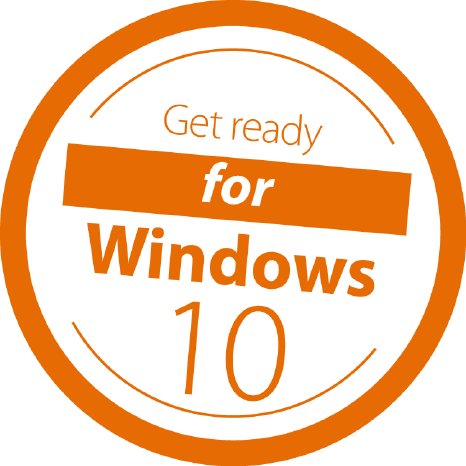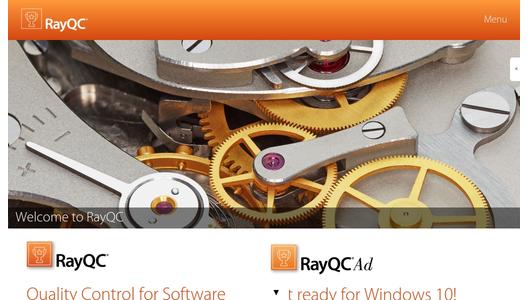When it comes to the migration to Windows 10, companies are faced with the uncertainty whether their applications are compatible with the new target platform or not. They usually have difficulties to foresee potential disturbing factors. This does not only lead to unexpected delays, but costs a lot of precious time and money as well. The tests allow to determine if a software package is fit for usage within a specific environment, along with other applications, and in virtualized operation modes. For this purpose, RayQC Advanced provides standardized testing methods for reliable results according to best practice. Three rule-based testing procedures at a glance:
- OS & Environment Compatibility: Is it safe to deploy a software application to a target system?
- Collision tests of different software products against each other: Is it possible to run software applications parallel on one device?
- Virtualization: Are there general issues that prevent virtual operation modes for software packages?
With the full RaySuite integration, users have the possibility to start tests directly from within RayPack. The results of the quality tests are directly shown within the RayPack validation results, allowing to fix issues before the package is actually tested thoroughly in later quality assurance phases of the overall packaging process.
With RayFlow users will always be able to see the entire process and to check the current position of a package order – RayFlow will carry the relevant data from phase to phase within the process, which also includes data exchange with tools such as RayQC Advanced. Reports from RayQC Advanced can be exported directly into the workflow tool RayFlow.
As with any other product included in RaySuite, Raynet puts massive emphasis on providing a simple and user-friendly interface for RayQC Advanced, which facilitates work tremendously.
Get further information at: https://rayqc.raynet.de/ and www.raynet.de


